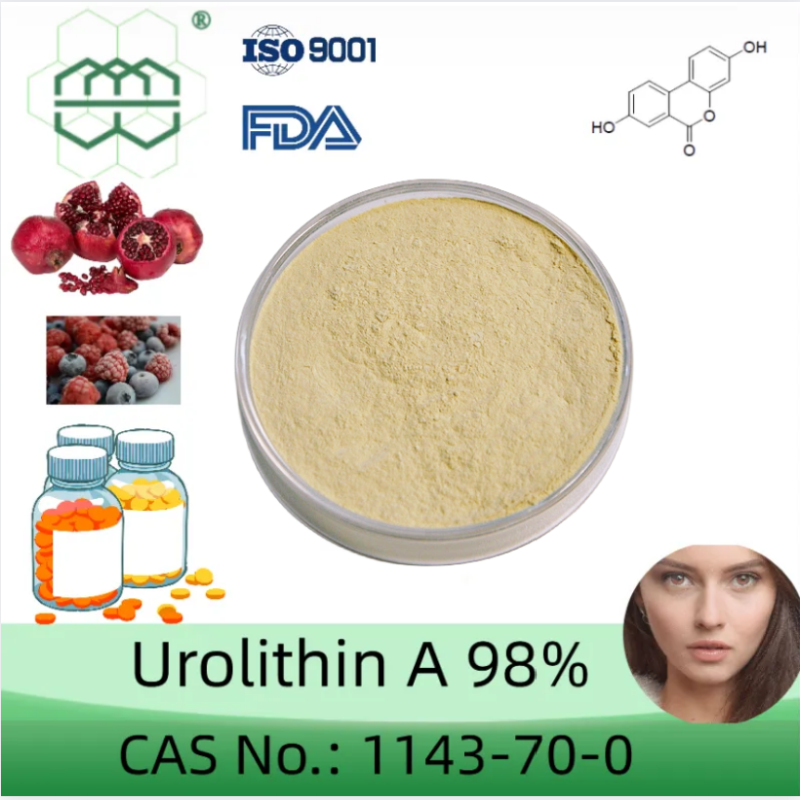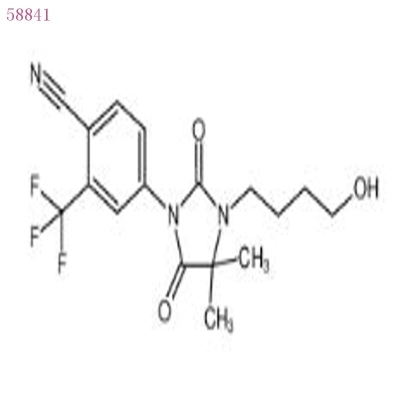-
Categories
-
Pharmaceutical Intermediates
-
Active Pharmaceutical Ingredients
-
Food Additives
- Industrial Coatings
- Agrochemicals
- Dyes and Pigments
- Surfactant
- Flavors and Fragrances
- Chemical Reagents
- Catalyst and Auxiliary
- Natural Products
- Inorganic Chemistry
-
Organic Chemistry
-
Biochemical Engineering
- Analytical Chemistry
-
Cosmetic Ingredient
- Water Treatment Chemical
-
Pharmaceutical Intermediates
Promotion
ECHEMI Mall
Wholesale
Weekly Price
Exhibition
News
-
Trade Service
Original title: Study says fish oil supplements have no significant effect on type 2 diabetes
A new study released by the University of East Anglia in the UK says the team systematically analyzed a large amount of data and found that omega-3 fatty acids rich in fish oil had no significant prevention or treatment effect on type 2 diabetes.
deep-sea fish oil is rich in omega-3 fatty acids. There are many types of omega-3 fatty acids, the two most important of which are 20 carbon phosphonate (EPA) and 22 carbon he6oleic acid (DHA), also known as long-chain omega-3 fatty acids. At present, there are many fish oil nutrients in the main ingredients are also such fatty acids.
team analyzed the results of more than 80 randomized controlled trials published between the 1960s and 2018 involving more than 120,000 subjects, some of whom had type 2 diabetes. The study focused on the effect of increased intake of polyunsaturated fatty acids such as long-chain omega-3 fatty acids in these subjects.
study was published in the British Medical Journal. It was found that increasing omega-3 fatty acid intake had little effect on diabetes and glucose metabolism. In addition, if omega-3 fatty acid intake reaches a high level, it can adversely affect glucose metabolism.Lead author of the
report, Dr Lee Hooper, of the University of East Anglia, said: "Omega-3 fatty acid supplements should not be promoted for the prevention or treatment of diabetes, and if people do choose to treat or prevent diabetes by taking fish oil capsules, or lower levels of triglycerides in their blood, their daily intake should be kept within 4.4 grams to avoid a negative impact." "







